|
As a queer couples therapist in Oakland, CA, I often work to assist couples in identifying and understanding the attachment patterns that are playing out in their current relationships and how their past experiences of attachment may be influencing their behavior now. Individuals and couples can heal past attachment wounds and traumas and develop more positive, vulnerable, and secure ways of relating to others. All humans have an innate need for close, secure relationships, and the way we form and maintain these relationships is influenced by our early experiences of attachment. When our early attachment needs were not met, it can lead to insecure attachment patterns and negative effects on our emotional and social functioning. Both avoidant and anxious attachment are parts of unconscious strategies to get our needs met without opening ourselves to pain. Secure Attachment - comfortable with intimacy and feel secure in their relationships. They are able to rely on others and feel comfortable asking for help when needed. They have a positive view of themselves and their partners and are generally trusting and empathetic. They value emotional closeness and are able to communicate their needs effectively. Anxious Preoccupied- worry about their relationships and are preoccupied with thoughts of rejection or abandonment. They may seek a lot of reassurance from their partners and feel anxious when their partner is not available. They tend to have a negative view of themselves and a positive view of their partner. They may also struggle with communication and have difficulty expressing their needs clearly. Avoidant Dismissive - tend to avoid emotional closeness and may feel uncomfortable with intimacy. They may prioritize independence and self-reliance and may have difficulty trusting others. They often have a positive view of themselves and a negative view of their partner. They may also struggle with emotional expression and may be dismissive of their own or others' emotions. Fearful Avoidant - a mixture of anxious and avoidant traits. Sometimes called "disorganized." They may want intimacy but feel uncomfortable with it at the same time, due to a fear of rejection or abandonment. They may struggle with trust and have a negative view of themselves and their partners. They may also have difficulty communicating their emotions and needs. Looking from a trauma therapist in Oakland, CA? Learn more here. Looking for a queer couples therapist in Oakland, CA? Learn more here. Yes, straight couples welcome, too! attachment and couples therapy
0 Comments
Leave a Reply. |
AuthorStephanie Bain, LMFT Archives
April 2024
Categories
All
***Resources are not a substitute for therapy and are not intended for making diagnoses or providing treatment. Not all practices and tools are suitable for every person. Please discuss exercises, practices, and tools with your individual therapist or health care provider.
|
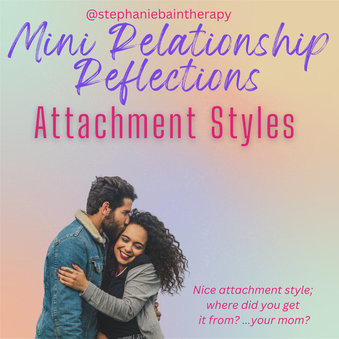
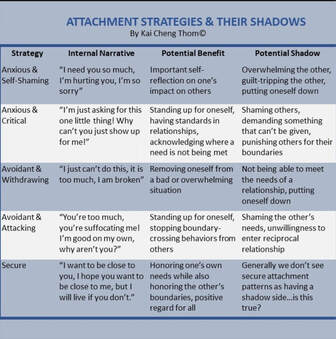
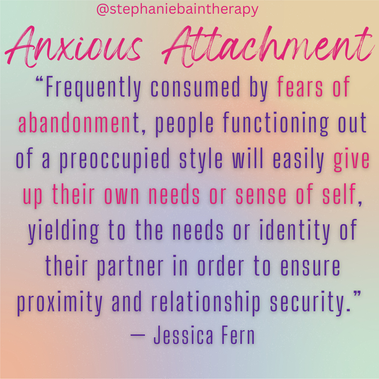
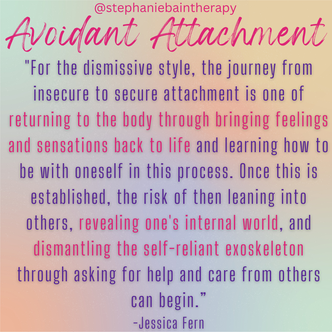
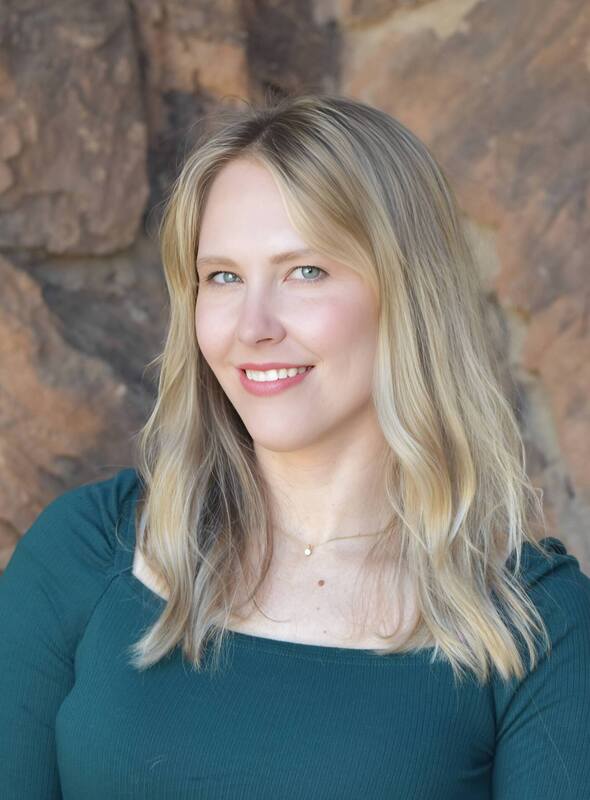
 RSS Feed
RSS Feed